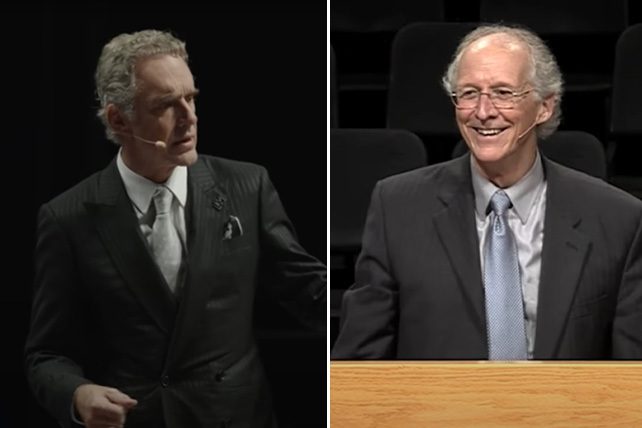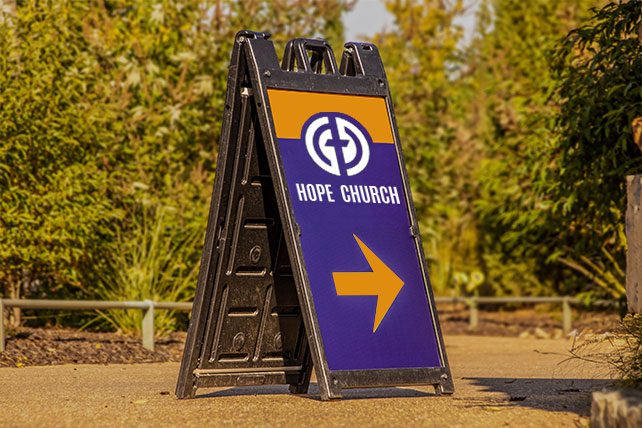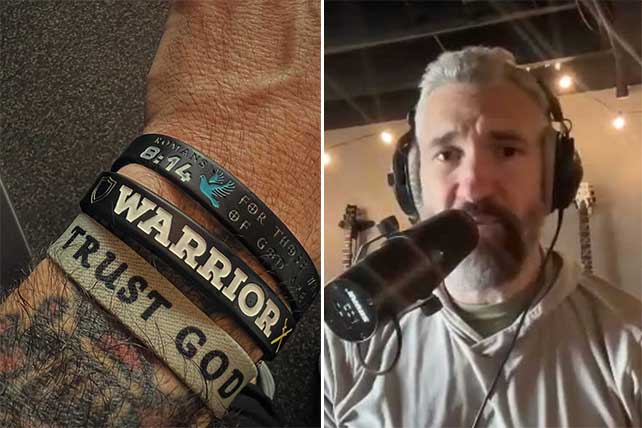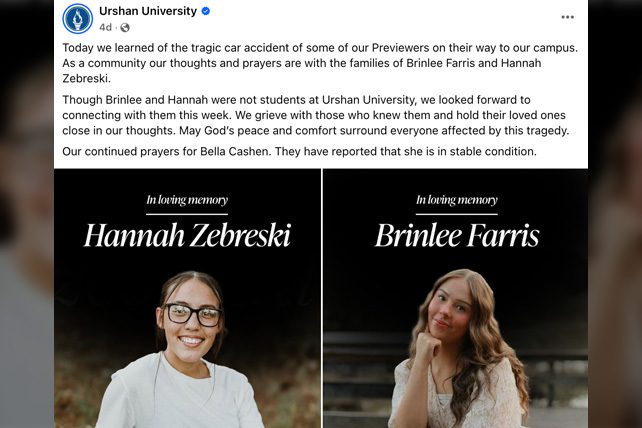Pastor John Piper addressed Dr. Jordan Peterson’s perspective on happiness and meaning in a recent episode of the “Ask Pastor John” podcast. In it, Piper generally agreed with Peterson’s view based on Peterson’s own definitions but argued that the Bible presents a fundamentally different outlook on happiness compared to Peterson’s understanding of it.
“Given [Peterson’s] view that happiness is superficial and fleeting and unpredictable, and given the potentially positive content of the word meaningfulness, I don’t basically disagree with what he’s saying,” said Piper. “I don’t want people to pursue fleeting, unpredictable, impulsive, superficial emptiness, whether you call it happiness or anything else. I want people to have lives that are profoundly meaningful. So, amen, yes.”
“But for the last 50 years or so, I’ve been pursuing a different strategy than Jordan Peterson,” Piper continued, “in the hope of rescuing people from the pursuit of fleeting, unpredictable, impulsive, superficial, and (I would add) God-dishonoring, Christ-diminishing, Bible-ignoring, damning happiness.”
Jordan Peterson’s Perspective on Happiness
John Piper is the former pastor of Bethlehem Baptist Church in Minneapolis and the founder of Desiring God. He is the author of more than 50 books and is known for his teachings on finding our purpose and happiness in God and on what Piper calls “Christian hedonism.”
One saying the pastor is known for is: “God is most glorified in us when we are most satisfied in him.” The result of that truth, according to Piper, is “that you never have to choose between your greatest joy and God’s greatest glory.”
Dr. Jordan Peterson is a Canadian psychologist and social commentator. It is common for people to refer to Peterson, whose content is featured on the Daily Wire, as conservative, but Peterson describes himself as a “classical liberal.” While he does not personally identify as a Christian, Peterson is interested in the Bible’s relevance to the human condition and has done lecture series on different biblical books, including Genesis, Exodus, and the Gospels.
On Nov. 24, Peterson posted the following statement about happiness on X: “Life is suffering. The purpose of life is not to be happy, but to find something that sustains you in spite of suffering.”
Life is suffering. The purpose of life is not to be happy, but to find something that sustains you in spite of suffering.
— Dr Jordan B Peterson (@jordanbpeterson) November 12, 2024
In a Facebook reel featuring Peterson’s content on Daily Wire+, Peterson states, “We’re obviously not made for happiness because that’s a form of infantile hedonism, that narrow happiness that is counterproductive communally and with regard to the long run.”
As an alternative, Peterson suggested people are “suited for leadership and adventure.” He gave Moses and Abraham as examples, saying they were “called by God” to “great” and challenging tasks. Likewise, we are called to “the enterprise that’s great,” and if we fully accept it, we will find the “justification for life and our manner of not having death destroy us.”
In a clip of comments Peterson made during his Beyond Order Tour in 2023, he suggested people would be bored with a perfectly pleasurable, secure society and are more interested in “adventure, something like adventure.” Suffering, he believes, is a key part of living an adventurous life.




 We
We






















